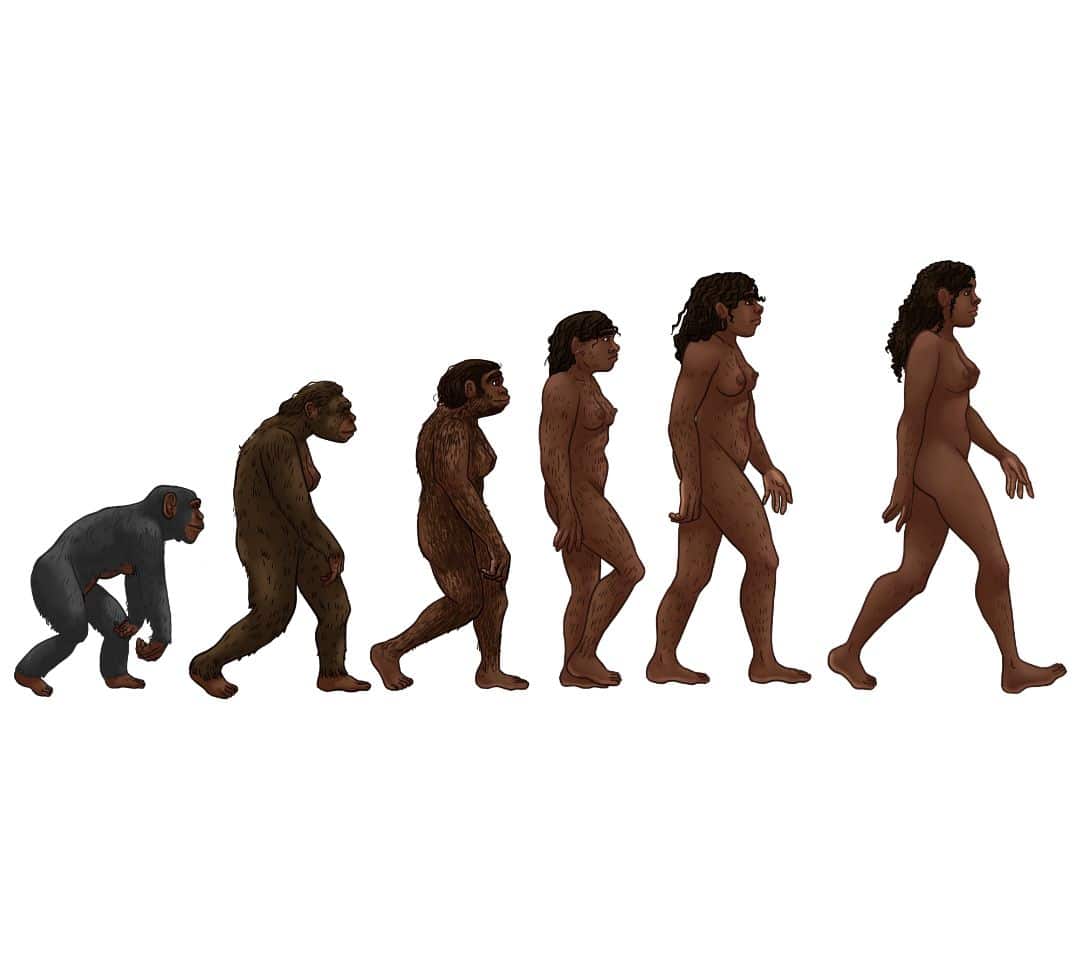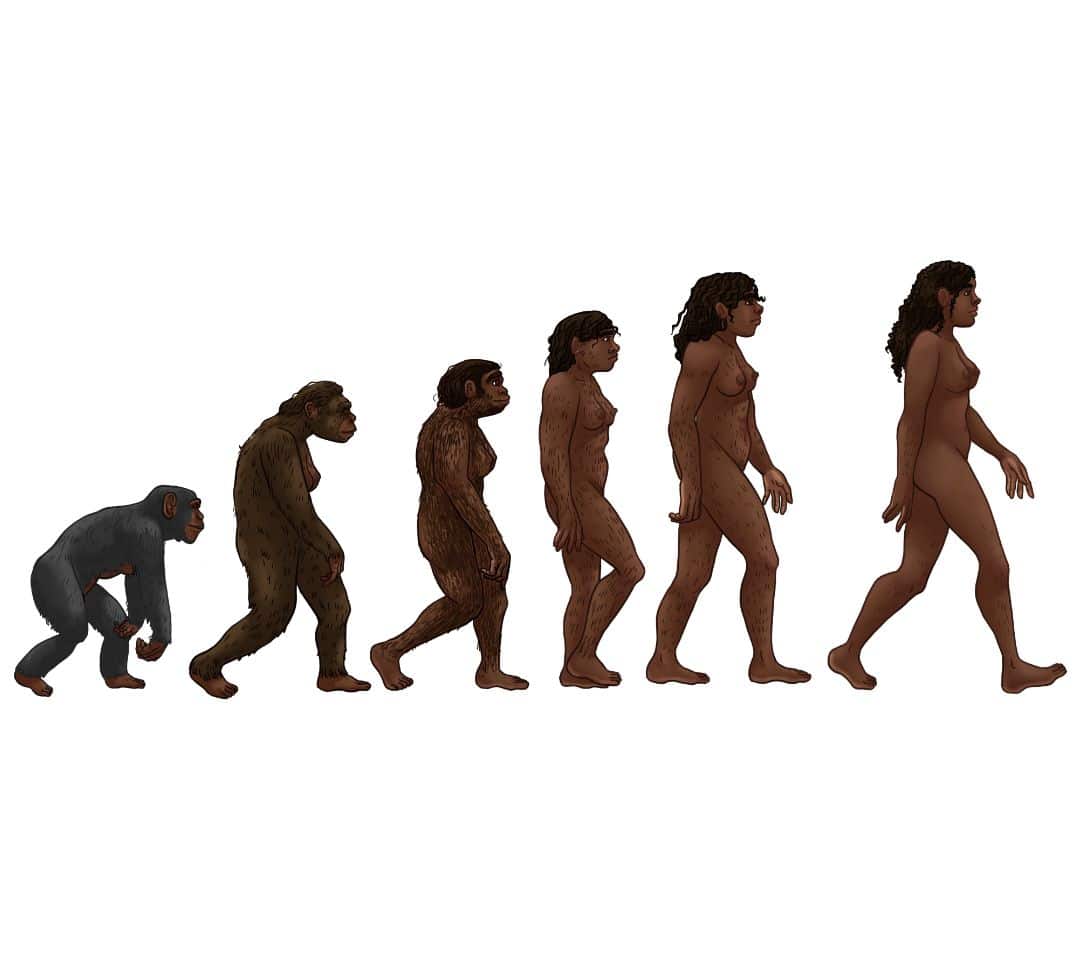
Culture, not genetics, may now lead human evolution. Credit: Stadtpflaenzchen / Wikimedia Commons / CC0 1.0
Human evolution is entering a new phase, according to researchers at the University of Maine, who say culture is now playing a larger role than genetics in shaping how people live, adapt, and survive.
From healthcare to education and technology, cultural systems are rapidly replacing biology as the key driver of human development.
The study, published in BioScience, outlines how human evolution, culture, and genetics are interacting in new ways.
Lead authors Timothy M. Waring, an associate professor of economics and sustainability, and Zachary T. Wood, a researcher in ecology and environmental sciences, argue that the shift has been underway for generations and is accelerating in the modern world.
Waring explains that when people adopt tools, technologies, or social systems, they are passing down practical knowledge that helps entire communities adapt.
Culture, he notes, tends to solve problems at a faster rate than genetic changes. That makes it a powerful engine for adaptation, one that increasingly defines human progress.
Cultural tools replace natural selection
The researchers point to examples such as vision correction and fertility treatments—solutions that allow people to thrive regardless of genetic traits. Eyeglasses, surgical procedures, and assisted reproduction all bypass what natural selection once controlled.
As a result, people are relying more on shared systems such as hospitals, sanitation infrastructure, and education rather than their own inherited biology.
Wood emphasizes that cultural evolution should not be mistaken for moral progress. He cautions that just as evolution can produce life-saving advances, it can also generate harmful outcomes. The researchers believe that understanding this shift may help society steer toward more equitable solutions and away from destructive paths.
Using historical and scientific evidence, the study outlines how group-level adaptation through culture has shaped human development—from the spread of agriculture to the rise of modern states.
Today, gains in life expectancy, health, and stability stem largely from collective cultural systems rather than individual intelligence or genetic improvement.
A shift toward group-based evolution
This change also reflects a deeper shift in human individuality. Drawing comparisons to major biological transitions, such as the evolution of multicellular organisms or insect colonies, the team suggests that humanity may be moving toward a more group-oriented form of existence.
In this model, individuals function as part of a larger social organism, evolving together through shared knowledge and systems.
The research team is developing models to track the quickness of this shift and plans to launch a long-term data project.
They argue that if cultural inheritance continues to lead, the future of humanity may rest not in DNA, but in the strength and adaptability of our shared institutions.

